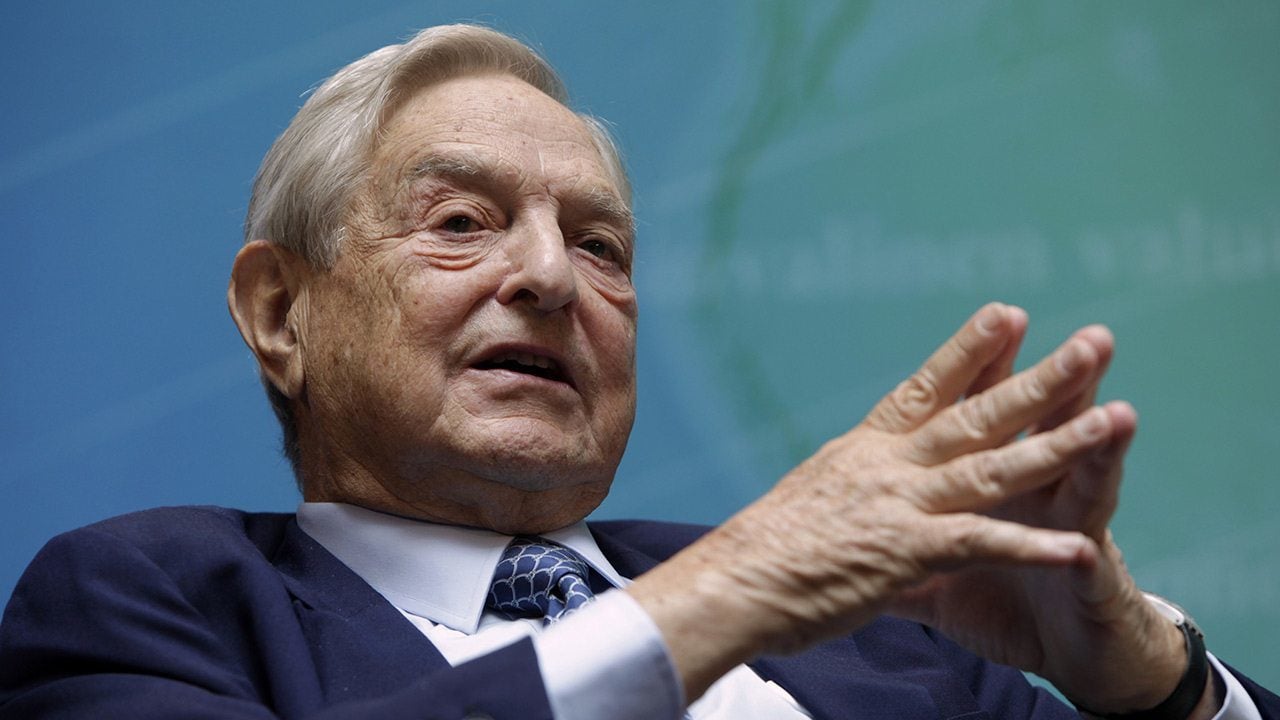Billionaire philanthropist George Soros has long been a polarizing figure in global politics, and in recent years, he has increasingly become a lightning rod for criticism in the United States. Some conservative commentators, politicians, and grassroots activists have accused Soros of playing a role in fostering social unrest by funding progressive causes, criminal justice reform initiatives, and activist movements. This has led to a growing debate: should Soros, one of the most influential political donors in the world, face legal action for allegedly inciting violence in America, or is he simply exercisin

At the heart of the controversy is Soros’s Open Society Foundations, which has donated billions to causes centered around human rights, immigration reform, climate activism, and law enforcement oversight. Critics argue that these donations indirectly encourage lawlessness by supporting groups that protest aggressively, challenge police authority, or advocate for reduced criminal penalties. Some conservative politicians have gone so far as to blame Soros-backed prosecutors for rising crime rates in major cities, pointing to his financial contributions to progressive district attorney campaigns. They contend that his influence on local politics has created environments where violent crime thrives, and some activists have even accused him of destabilizing American society intentionally.
However, Soros’s defenders argue that these allegations are baseless and politically motivated. They assert that funding advocacy groups or reform candidates is not a criminal act but rather a core part of democratic participation. Soros, a Holocaust survivor who has spent decades promoting democratic values worldwide, maintains that his mission is to support open societies and equal justice, not to incite violence. His supporters say that blaming Soros for civil unrest oversimplifies complex issues like systemic inequality, racial tensions, and police brutality, which are deeply rooted in American society.

Legal experts also note that proving a charge of “inciting violence” would be nearly impossible under U.S. law. The First Amendment strongly protects political speech, and courts have historically set a very high bar for criminalizing speech or political donations. For Soros to face arrest, prosecutors would need concrete evidence that he intentionally and directly encouraged specific acts of violence—a standard that has rarely been met in similar cases. As such, many legal scholars dismiss the idea of arresting Soros as unrealistic and politically driven rather than grounded in legitimate criminal law.
The push to criminalize Soros’s influence reflects a broader trend in American politics: the vilification of wealthy donors who hold strong ideological sway. While conservatives criticize Soros, progressives often target right-wing billionaires like Charles Koch for funding policies they oppose. In a deeply polarized climate, wealthy individuals on both sides are accused of manipulating democracy to their advantage.
Whether one views Soros as a dangerous puppet master or a philanthropist championing social justice, calls for his arrest highlight the intensity of America’s political divide. Ultimately, the debate raises profound questions about free speech, political influence, and the limits of legal accountability in a democracy where money and politics are deeply intertwined.





